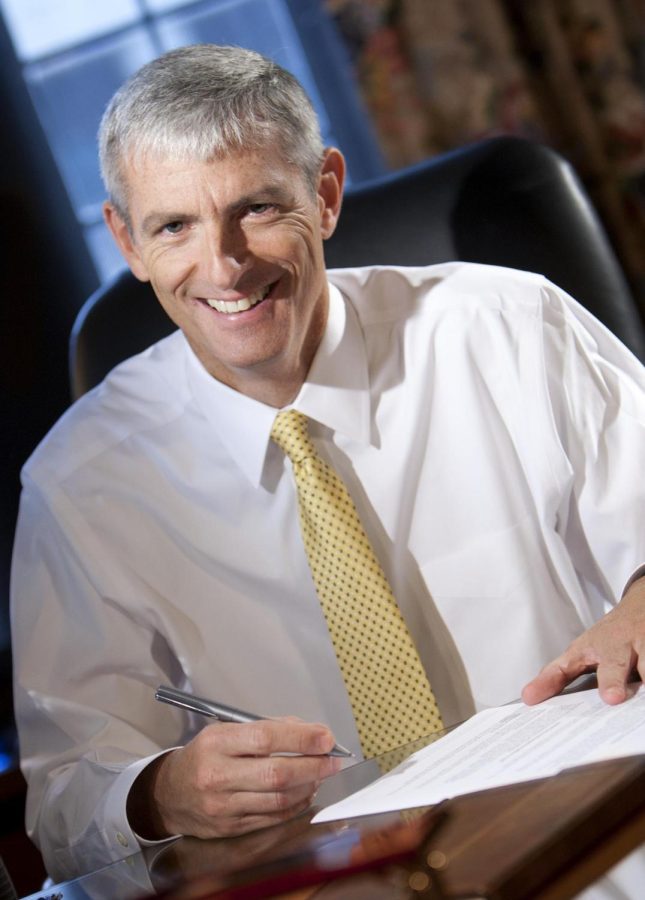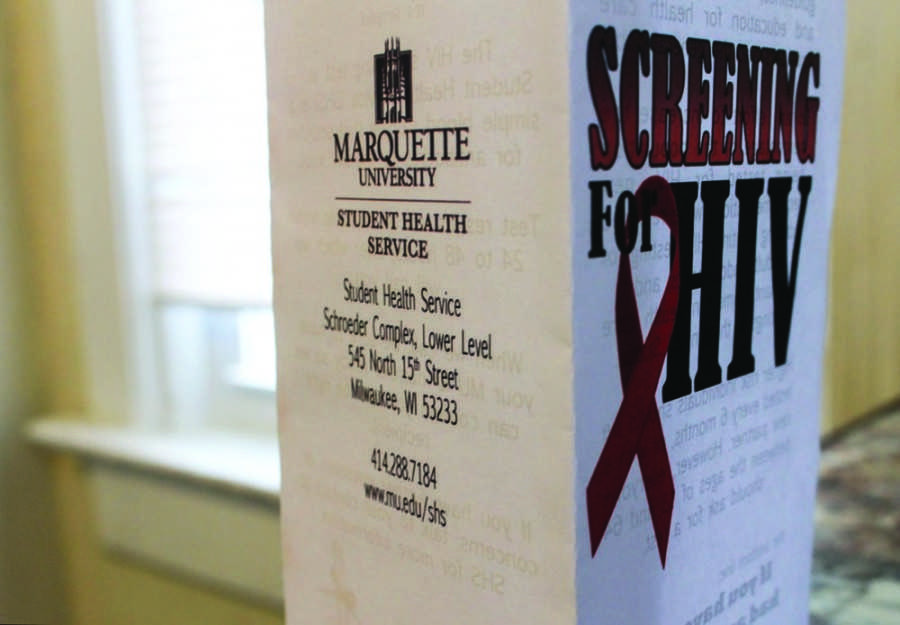
It’s a college trope to hold awareness weeks on an almost-weekly basis, and their constant presence makes it hard for individual weeks to stand out. Unless the week in question is called the unmistakably blunt “Sex Week,” a student-run week of lectures, panel discussions and contraceptive allocations.
While it’s nowhere near mainstream, a handful of universities around the country have begun promoting their own version of Sex Week, including Brown, the University of Kentucky, Washington University and Harvard, which held its Sex Week last week. The term was first coined at Yale University as a Kosher Sex Week started by the Yale Hillel, according to The New York Times. The idea was shortly after expanded to a campus-wide event, in 2002.
But the week itself entails more than prevention and safe intercourse. It also discusses how students may become more comfortable and fulfilled sexually, and provides education for students who may not otherwise have an outlet to ask questions about sex or sexuality.
One former resident assistant, who wished to remain anonymous because she is still employed elsewhere in Residence Life, said a Sex Week at Marquette might offer more insight into a student’s sexuality than what she has been able to offer her residents in the past.
“Sex Week would be a great program for students to become aware of love, intimacy, and sexuality,” she said. “I think it’s important for students to be well informed and to have the opportunity to increase self-awareness.”
The former RA added that the resources Marquette offers students regarding the issue seem limited as RAs are not equipped to deal with sexually-based concerns.
“Public institutions sometimes provide resident assistants with contraceptives for them to place outside their doors for students to take,” she said. “That’s definitely a proactive move and can help encourage students to act responsibly and prevent STDs and pregnancy.”
A main part of Sex Week involves the free donation of contraceptives which are often distributed in public places, according to the account at Harvard’s program.
While Marquette does not offer contraceptives to students, a recent addition of STD testing for $25 is available for walk-in sessions at the Student Health Service.
Besides medical attention, Marquette’s assistant professor of Anthropology Sameena Mulla thinks open university talks concerning sexuality are most important.
“Sociological and educational research shows that talking about sex does not encourage people to have it and excluding sex from conversations and curricula does not discourage people from having it,” Mulla said. “I feel comfortable including relevant material on young adult sexual culture in my curriculum.”
In agreement, assistant professor of sociology Dawne Moon said that at a Jesuit institution, students should reserve the right to freely discuss any issues regarding sexuality in making “adult decisions.”
However, Moon added that she does not think Marquette provides students with comprehensive education about sexuality and sexual health.
“Marquette is a Catholic school, committed to the Roman Catholic Church’s teachings that sex should take place only in marriage,” Moon said.
Moon stressed that unmarried students (Catholic and others) have sex at about the same rate as students at other institutions.
While acknowledging the benefits of a possible Marquette Sex Week could help with the aforementioned issues, Moon is unsure if such a program would ever come to campus.
“If it were to happen here, it would be because the students made it happen,” Moon said. “They would probably run into resistance from some administrators, but that happens at non-Catholic schools as well.”
However, Halley Shaw, a sophomore in the College of Business Administration, cannot see why Marquette would decline such a program.
“I could see Marquette welcoming (Sex Week) because although we have Jesuit ideals, I feel the university is very open to students’ perspectives and seeing both sides,” Shaw said.
Nevertheless, the former RA thinks Marquette would decline the addition of the program on campus based on the name alone.
Moon said the campus should expand its parameters to include discussions on sex and sexuality.
“That is what a Jesuit education is supposed to be about,” Moon said. “Imposing silence on discussions of sex can just keep people from thinking clearly and compassionately, which can cause needless harm to themselves or others.”










